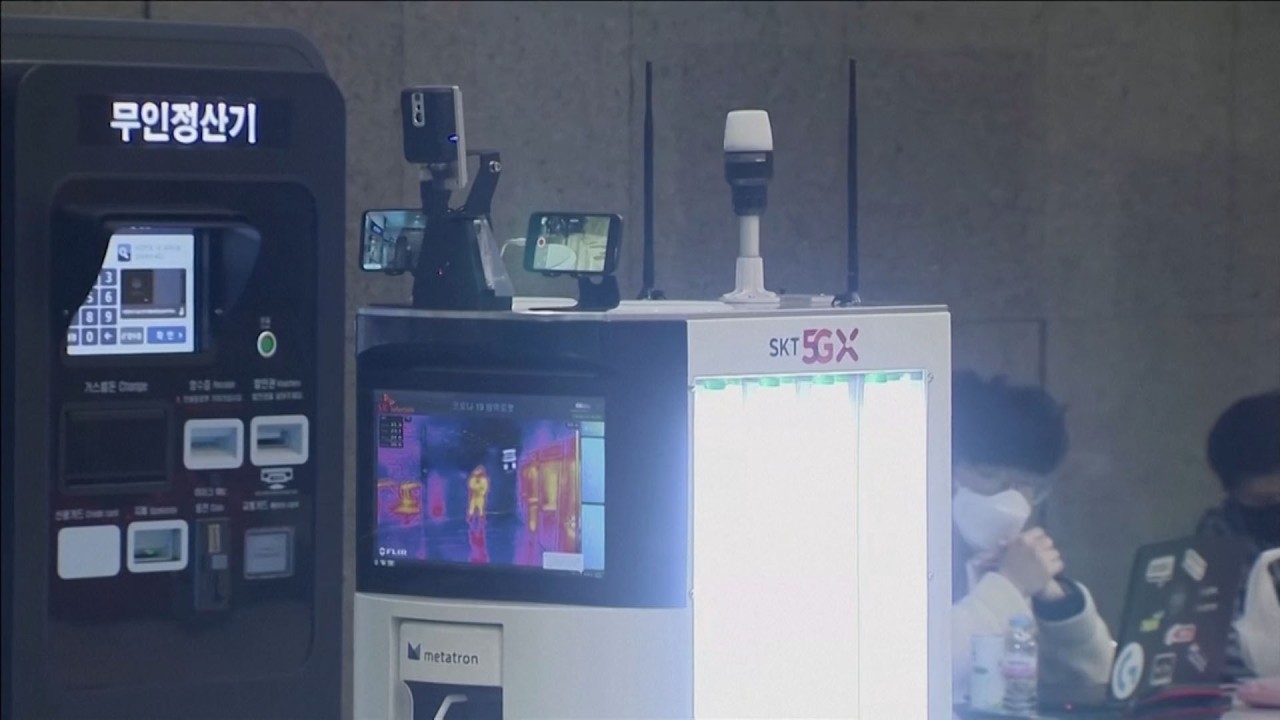
Hong Kong third wave: Covid-19 tests on 30 close contacts of infected helper prove negative as city records 89 new infections
- Indonesian helper stayed at a fourth hostel, at Haven Court in Causeway Bay, between July 25 and 29, and from August 1 to 3
- Of the new cases, 81 were locally transmitted including 32 which could not be traced
The news came as Hong Kong recorded 89 new coronavirus infections on Friday, the fifth consecutive day of fewer than 100 confirmed cases. Of the new cases, 81 were locally transmitted, including 32 which could not be traced. Eight cases were imported.
The city also recorded its 46th death related to the virus on Friday evening. According to a spokesman from the Prince of Wales Hospital, an 86-year-old woman who had also been suffering from other long-term illnesses, died at 8.27pm .
The patient lived in Mei Lam Estate in Tai Wai and had been admitted on July 27. Overall, the tally of confirmed infections now stands at 3,938.
Among the imported cases, three were from India and included a seaman, two from Ecuador and one from Ethiopia. A domestic helper and a seaman arriving from the Philippines also tested positive.
There were also about 50 preliminary positive cases.
Health officials earlier this week mounted a track-and-trace operation after it emerged an Indonesian maid infected with Covid-19 had shared often-crowded accommodation with numerous other workers while looking for a new employer. Some had since moved into their employers’ homes.
Dr Chuang Shuk-kwan, head of the Centre for Health Protection’s communicable disease branch, said police investigations determined the helper had stayed at a fourth location – Haven Court in Causeway Bay – between July 25 and 29, and from August 1 to 3. When the authorities went there, the door was locked.
Protests, pandemic playing havoc with mental health in Hong Kong: study
The maid had previously share accommodation with 28 other helpers at a Wan Chai hostel from July 21-25, with one joining a new employer.
“We have tested 30 close contacts including the helpers and the agency workers, but no positive reports so far,” Chuang said. “But as the door is still shut [at Haven Court], we do not know the situation inside the flat.”
The city also reported a new case involving a domestic helper, and Chuang said authorities would track down her close contacts.
Chuang said the move could help find more hidden patients without symptoms, which would be helpful in tracing unsourced cases.
Earlier in the day, health experts said throat swab samples should be taken by trained health care workers, rather than residents themselves, as it could compromise the accuracy of Covid-19 tests.
The comments came as the government expanded a free testing scheme in four districts.
About 86,000 residents from 46 buildings linked to infected cases in Wong Tai Sin, Kwun Tong, Tuen Mun and Yau Tsim Mong districts would be covered in the scheme, with the first batch of residents receiving their throat swab test kits on Friday.
Speaking at an afternoon press conference, Lam revealed that about 137,000 people from high-risk groups had undergone testing since mid July. Among those tested, 54 were confirmed positive, meaning one of every 2,500 people from high-risk groups were infected.
Survey finds uptick in LGBT depression, anxiety amid pandemic
Based on their findings, the government estimated there were at least 1,500 undetected cases in the city, proving the need for wider testing.
Among the groups tested, workers from the Sheung Shui slaughterhouse had the highest infection rate, with five people, or 0.26 per cent of the 1,900 workers, testing positive. That was followed by workers in wet marks and cooked food centres, where five of the 3,800 tested were determined to be infected.
Respiratory medicine specialist Dr Leung Chi-chiu said environments in wet markets and slaughterhouses were relatively crowded and not well-ventilated.
“Those who work together there also can’t avoid having meals or afternoon tea together. The mix of people is the biggest factor,” Leung said.
According to a Chinese University study, the estimated false negative rate of deep throat saliva testing was about 31 per cent, while it also had the lowest virus concentration and positive rate compared to sputum, nasal and throat swabs testing.

07:15
How hi-tech solutions are being used across Asia to cope with the coronavirus pandemic
On the other hand, the false negative rates for throat swabs was about 19 per cent, and around 10 per cent for sputum.
But respiratory medicine expert Professor David Hui Shu-cheong and microbiologist Dr Ho Pak-leung suggested on a radio programme that throat swab samples, not a common method in Hong Kong, would be a better option only if the samples were collected by health care workers.
“Especially for elderly people, they might not know exactly how to collect swab samples,” Hui said. “They might find it [easier] to collect deep throat saliva samples instead.”
Ho also suggested street booths or counters could be set up with trained professionals helping residents to collect throat swabs.
“I worry there could be a lot of false negative cases, while the accuracy could be low if residents are collecting swab samples themselves,” Ho said. “The most effective way to collect swabs should be by trained people.”
The government said it would also expand testing to cover domestic helpers living in accommodation provided by agencies, after two were infected, sparking fears of a wider outbreak as they had shared the space with dozens of other helpers.



